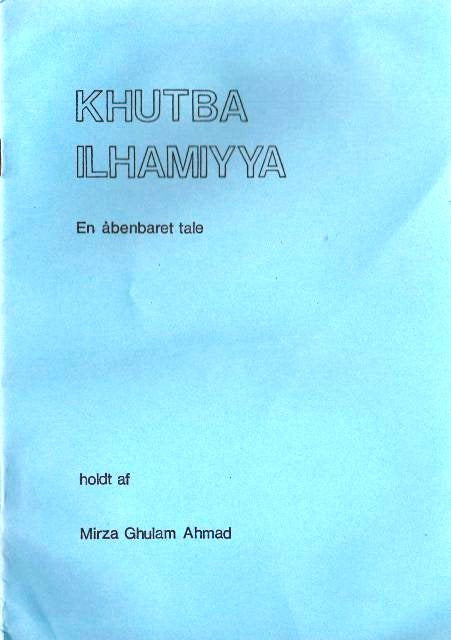Revealed Sermon
Revealed Sermon
Language: Danish
Regular price
$1.00
Regular price
Sale price
$1.00
Unit price
per
Khutba Ilhamiyya (The Revealed Sermon)
On 11th April 1900, the day of Eid-ulAzha, Hadhrat Mirza Ghulam Ahmed (as) delivered the sermon in the Arab... Read More
On 11th April 1900, the day of Eid-ulAzha, Hadhrat Mirza Ghulam Ahmed (as) delivered the sermon in the Arab... Read More
Couldn't load pickup availability
Details
Details
SKU: 1035
ISBN:
Location:
Language: Danish
Weight: 0.0 lb


